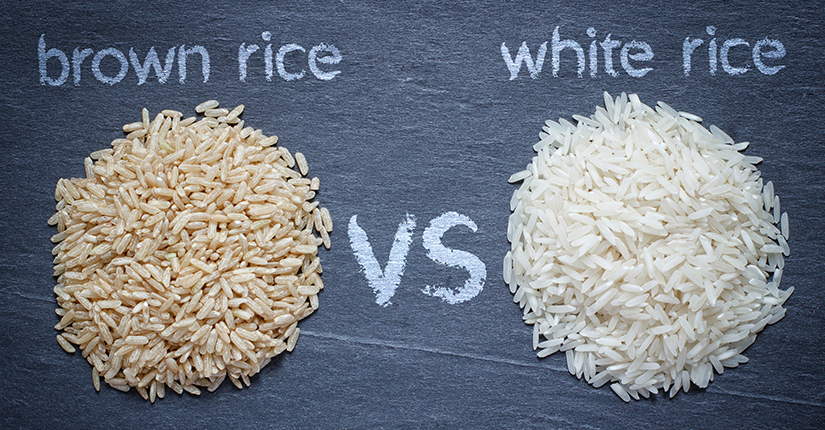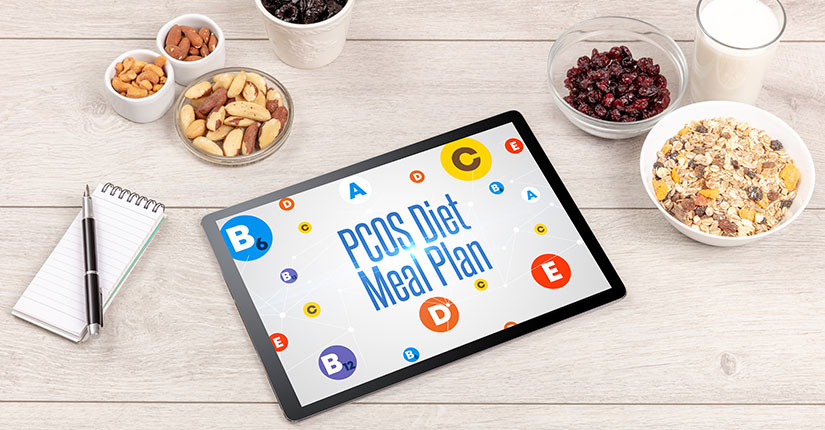Meal Planning for Alzheimer’s Patients: 7 Tips and Strategies for Caregivers
By Nmami Agarwal 19-Jun 2023 Reading Time: 5 Mins

Introduction
Alzheimer’s disease is a brain disorder that slowly destroys memory, thinking skills, and the ability to carry out the simplest tasks.it is a progressive neurological disorder that affects the brain, primarily impacting memory, thinking skills, and behavior. Alzheimer’s disease is the most common cause of dementia among older adults. They may have trouble performing daily tasks, such as dressing, bathing, or preparing meals. Alzheimer’s patients require support and care to manage their symptoms and maintain a good quality of life.
Caregivers play a crucial role in the lives of Alzheimer’s patients, providing assistance with various activities, including meal planning and preparation. Understanding these individuals’ unique challenges and implementing strategies to support their nutritional needs can help improve their overall well-being and maintain their independence for as long as possible.
Usually, what Alzheimer’s patients should eat
- Nutrient-dense foods: Include a variety of fruits, vegetables, whole grains, proteins, and healthy fats. These foods provide essential nutrients, vitamins, and minerals for brain health.
- Omega-3 fatty acids
- Antioxidant-rich foods
- Fiber
- Hydration: Encourage regular fluid intake to prevent dehydration.
- Limit foods with high saturated fat and cholesterol.
Tips and strategies for Caregivers in meal preparation:
- Simplify the environment: Create a calm and organized environment in the kitchen. Minimize distractions, reduce clutter, and maintain a consistent routine to help the individual feel more at ease during meal preparation.
- Plan meals in advance to ensure a well-balanced diet. Create a weekly meal plan, make a shopping list, and prepare ingredients in advance to streamline the cooking process. Allow plenty of time to eat. Remember that it can take an hour or more for the person to finish. Give the person the opportunity to eat with others. Keeping mealtimes social can encourage the person to eat.
- Set up the environment: Arrange the dining area to allow the person to access items independently. Place utensils, plates, and glasses within reach. Offer a limited selection of food choices to avoid overwhelming the individual. Present options in a clear and easy-to-understand manner.
- Provide assistance when needed: While promoting independence, be ready to provide assistance when necessary. Offer gentle reminders or cues, such as pointing to the utensils or demonstrating how to use them. Be patient and offer support without taking over completely.
- Offer hydrating foods: Incorporate foods with high water content into meals and snacks. Fruits like watermelon, oranges, grapes, and cucumbers are hydrating options that can be enjoyed throughout the day. Monitor fluid intake: Keep track of the person’s fluid intake to ensure they are staying hydrated.
- Choose whole grains: Opt for whole grain options like bread, brown rice, quinoa, or oats. Whole grains provide fiber and essential nutrients, such as B vitamins, which are beneficial for brain function.
- Include proteins: Include lean protein sources like poultry, fish, beans, lentils, tofu, or eggs. Protein is essential for muscle strength and repair. Fish, in particular, is rich in omega-3 fatty acids associated with improved brain health.
Portion control:
- Pay attention to portion sizes to prevent overeating.
- Serve appropriate portion sizes based on the individual’s needs.
- Avoid serving large meals that may be overwhelming or cause discomfort.
Conclusion
meal planning for Alzheimer’s patients should prioritize balanced nutrition to support their overall health and well-being. This involves including various foods from grains, including fruits, vegetables, whole grains, lean proteins, and healthy fats. Caregivers should aim to create visually appealing and flavorful meals while considering the person’s preferences and restrictions





















